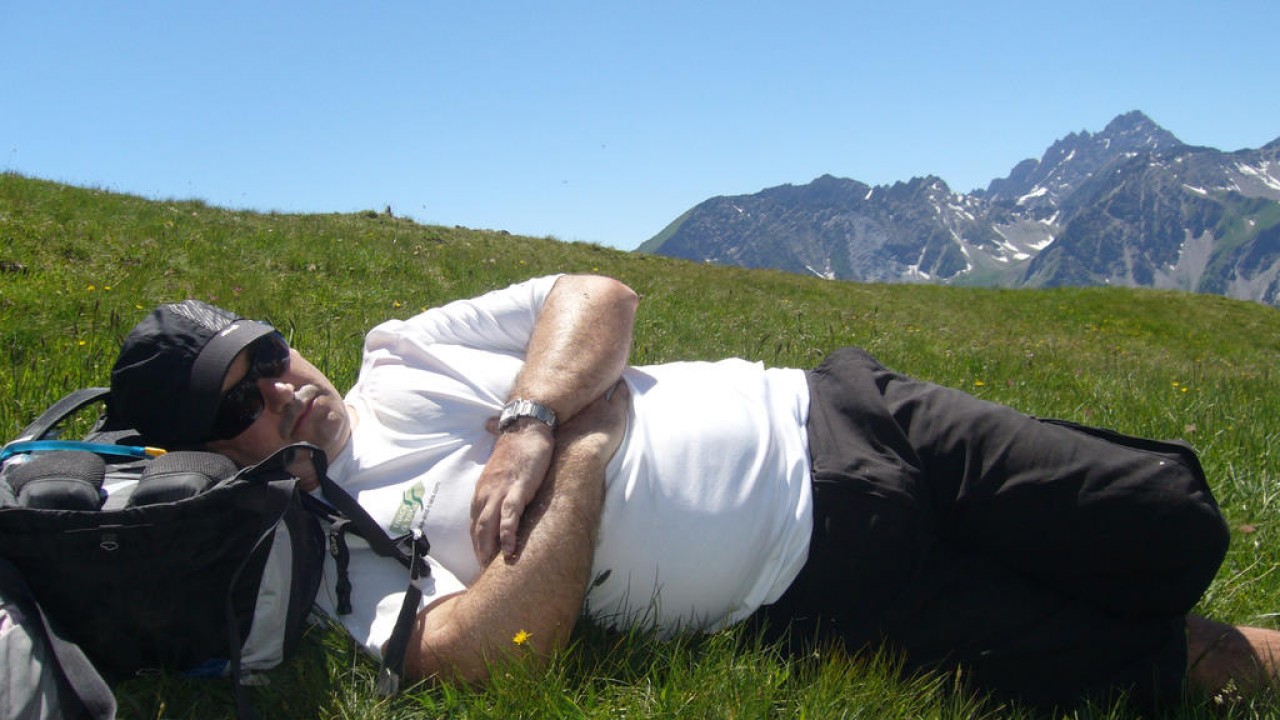 Exercise helps you sleep.
Exercise helps you sleep.
Thank you TUCK the 'sleep experts' for their fascinating guest blog this month on the importance on a good nights sleep and how it can help prevent injury in everyone. Taking a proactive approach to injury prevention can help you enjoy the activities you love. One of the easiest and often forgotten ways to prevent injury—sleep.
How much sleep do we need? Sleep is easy to forget; it’s so fundamental. However, the question remains—are you getting enough sleep? The average adult needs seven to eight, and if you're getting less, you've entered a state of sleep deprivation.
Sleep deprivation causes neurons in the brain to slow down the rate at which they send messages. Critical thinking skills, decision-making abilities, and higher reasoning all suffer when you’re tired. The slow down of the brain also affects reaction times, putting you at higher risk for injury. A split-second delay can mean the difference between staying on your feet and taking a dangerous fall.
Sleep deprivation leads to other changes that can affect your ability to perform at peak efficiency. For example, the immune system becomes depressed when the body is tired. That not only means more illness but illnesses that last longer. When you're not feeling well, you may not be as aware of your surroundings or could be sluggish in your response times both of which could lead to injury.
A study conducted with teen athletes found that those who got over eight hours of sleep were 68 percent less likely to get injured than sleep-deprived study participants. Their muscle strength, reaction times, and alertness were all improved when the mind and body got adequate rest. Healthy muscles are stronger and more flexible, which gives them better injury resistance.
Sleep also plays a vital role in injury recovery. Muscle regeneration occurs during rapid eye movement (REM) sleep, but if you only get four hours of sleep, the body doesn’t have time to stay in this deepest of sleep levels. A full night’s rest gives the body time it needs to repair, and heal. Read all about the 5 stages of sleep and sleep cycles.
Sleep can be elusive. Good rest starts in a bedroom devoted solely to sleep. That means the home office or gym should be kept somewhere else in the house. If frequent night waking is a problem, check the mattress. There should be no lumps or valleys, and it should support your preferred sleep position. Tuck offer advice on mattresses for all sleeping styles.
To give yourself the best chance of full muscle recovery, try developing the following habits:
A Regular Sleep Schedule: Go to bed and wake up at the same time every day to help the brain acclimate to a regular sleep cycle.
A Relaxing Bedtime Routine: Bedtime routines aren’t just for kids. They relieve stress and tension before bed and help trigger the brain to release melatonin, a sleep hormone.
Turn Off Electronic Devices: The bright light from smartphones and laptops can suppress melatonin and delay the onset of sleep. Turn off your devices two or three hours before bed to prevent a delay in falling asleep.
Exercise Regularly: Exercise not only keeps your muscles strong and flexible, but it also helps you feel more tired at night.
Healthy, Smart Eating: Try to avoid heavy, high-fat foods close to bedtime. If you need a late night snack, reach for foods like bananas, almonds, and dairy products that promote melatonin production.
Tuck Sleep is a community devoted to improving sleep hygiene, health and wellness through the creation and dissemination of comprehensive, unbiased, free web-based resources.
